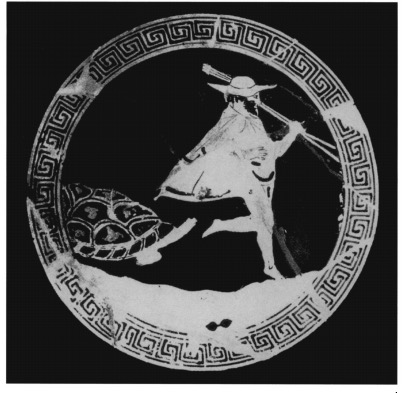

| About the course: Ever feel like you’re not getting anywhere? Maybe it’s because to get some place, you first need to get halfway there. But then you need to get half way to that point, and so on, infinitely. So, getting anywhere requires taking an infinite number of steps, which is impossible. So how can there be any motion at all? If you were being deceived about everything you could possibly be deceived about, could you know anything? Does knowledge require certainty? Or are probabilities enough? We will examine these and other paradoxes developed throughout the history of philosophy, and see what they teach us about the nature of motion, knowledge, and other philosophical topics. Philosophers studied will include Zeno, Pyrrho, Cicero, Sextus Empiricus, Descartes, Hume, Kant, Roderick Chisholm, G. E. Moore, Nelson Goodman, and others. Spring 2018: time: 1:00 - 2:15 place: HLG 524 section #: 001 section ID #: 43360 |
| About the class: See the syllabus for the course. |
Study Aids: See my How to Survive Your First Philosophy Course pages for advice on writing papers, studying for exams, taking notes, etc. |
For Further Exploration: Some further reading related to some of the course topics. Here are a few links & videos related to some of the course topics. |
 |
Achilles
and the Tortoise! Picture of the interior of an Athenian red-figured
drinking cup found in a tomb in Falerii and now in the Villa Giulia
Museum in Rome. It has been dated to the middle of the Fifth century
BCE, around the time Zeno of Elea lived! His paradoxes were famous in
ancient Greece. |